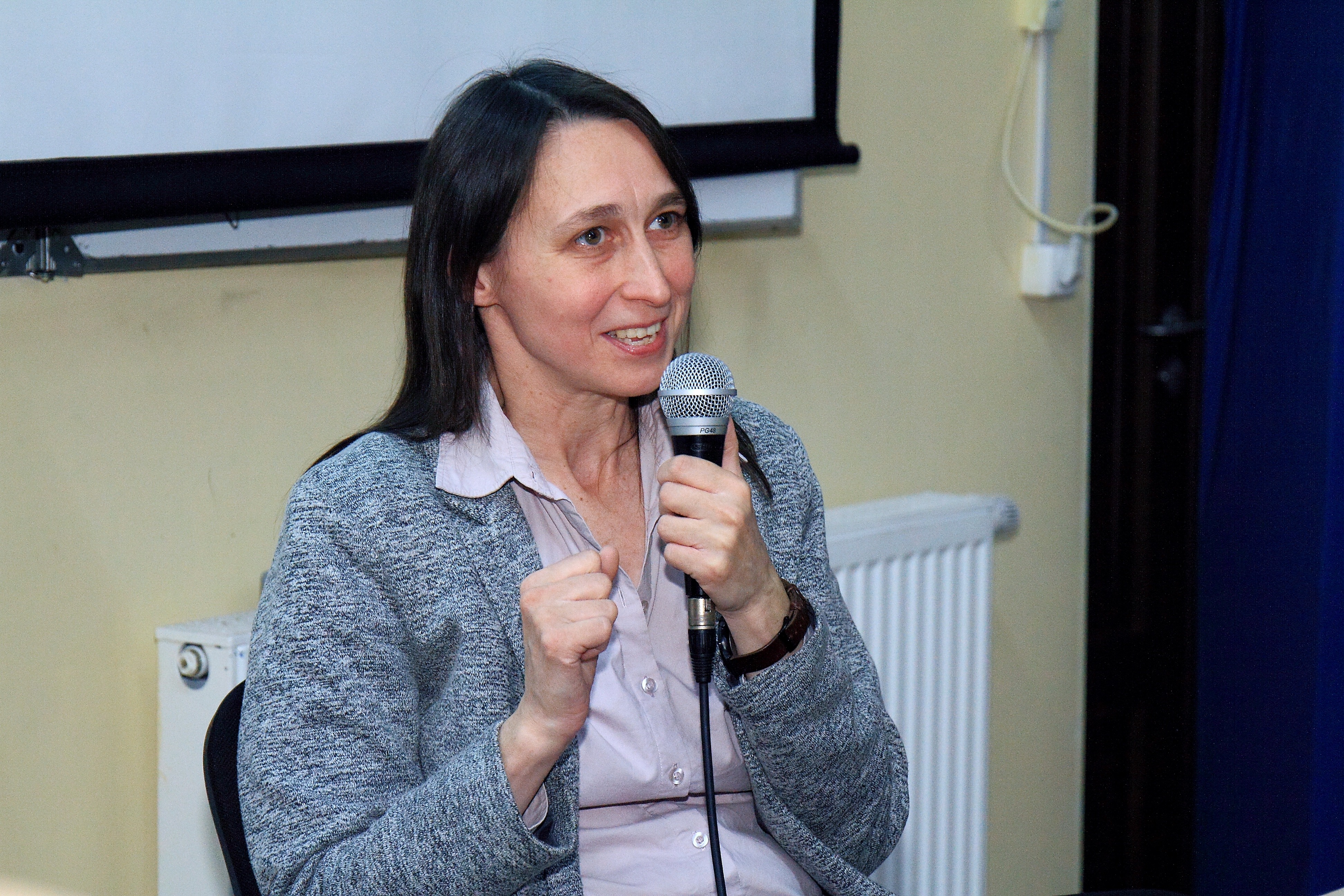- A
- A
- A
- ABC
- ABC
- ABC
- А
- А
- А
- А
- А
‘All of the Most Interesting Research Today Happens at the Borders between Different Disciplines’
© iStock
The Russian Ministry of Education and Science has approved a new nomenclature of specializations in which academic degrees are conferred in Russia. The new list includes 21 new fields, including cognitive science. Maria Falikman, Head of the HSE School of Psychology, discusses the history of cognitive science, its formation at HSE, and its prospects for development.
Cognitive science as an interdisciplinary field of research turns 65 this year. The second day of the symposium on information processing that was held at the Massachusetts Institute of Technology in 1956 is considered its birthday. The psychologists, linguists, and artificial intelligence specialists who had gathered there agreed to develop a general science of human cognition. The researchers dubbed the new area ‘cognitive science’, though eyewitnesses disagree about who first proposed it.

At first, the field of cognitive research, along with the three above-mentioned disciplines, included neuroscience (now playing, perhaps, a key role in this field due to the rapid development of methods for studying the brain), philosophy of mind, and cultural anthropology. Now this field of interdisciplinary interaction has expanded significantly and includes a number of other disciplines, from economics to literary criticism. The first interdisciplinary journal called Cognitive Science appeared in 1977, and two years later the Cognitive Science Society was founded in the United States. A few years after that the first Master’s programmes and graduate schools in cognitive science began to open in the United States, and then in Europe.
In Russia, cognitive research was seriously discussed only at the turn of the century, although interdisciplinary studies of cognition, language and their brain mechanisms, not to mention developments in the field of artificial intelligence, of course, were carried out earlier. In 2004, the first Russian National Conference on Cognitive Science was held, which later received international status and attracted up to 3,000 participants. And one of the first laboratories in the country to contain the term in its name was the Laboratory for Cognitive Research headed by Igor Utochkin at HSE University. It was established in 2011.
A few years later, through the efforts of Professor Vasily Klyucharev and other colleagues, the Master’s Programme ‘Cognitive Sciences and Technologies: From Neuron to Cognition’ was launched, attracting students from all over the world and from various fields, from computer science to linguistics. Now the University has a number of departments engaged in cognitive research. The Institute for Cognitive Neuroscience houses the Centre for Cognition and Decision Making, the Centre for Bioelectric Interfaces, and the International Laboratory for Social Neurobiology. HSE also has centres and labs such as the Center for Language and Brain, the Laboratory for the Neurobiological Foundations of Cognitive Development, the Vision Modelling Laboratory, and the Laboratory for the Cognitive Psychology of Digital Interface Users.
It is significant that cognitive research is conducted not so much within disciplines that somehow deal with the problems of human perception, memory, thinking, language, and consciousness, but at the junctions between them
That is why the inclusion of cognitive science in the list of specializations recognized by the Higher Attestation Commission for degree conferment is fundamentally important for HSE University, which offers interdisciplinary areas of research such as neuroeconomics, neurolinguistics, cognitive modeling, and social neuroscience.
In what department do you defend a thesis that employs methods of recording brain activity to study a person’s understanding of sentences in their native language with a different structure: biology or philology? Where do you present a model of human visual attention based on an artificial neural network: before a psychology committee or a computer science committee? Now these are moot questions.
In the past, my colleagues and I took a number of steps to develop an interdisciplinary expert community of cognitive scientists. I cannot fail to mention the Moscow Seminar on Cognitive Science, which Ekaterina Pechenkova (currently a leading research fellow at the Laboratory for Cognitive Research, HSE) and I have held every two weeks for 15 years since 2002. Since 2014, the Russian Journal of Cognitive Science has been published, the editorial board of which consists of a number of representatives from different departments and schools of HSE. And now, when cognitive science has finally been included in the list of specializations of the Higher Attestation Commission, our university has many specialists who are able to evaluate not only specialized, but also interdisciplinary research.
I am sure that the creation of a dissertation council on cognitive research, which has now become possible, will open up new horizons for both graduates of the Master’s programme ‘Cognitive Sciences and Technologies: From Neuron to Cognition’ (their projects are, as a rule, are difficult to consign to any one specialization from the previous version of the list) and for other emerging researchers interested in the mysteries of human cognition. Today, all of the most interesting research happens precisely at the borders between different disciplines, and I am glad that the Russian Ministry of Education and Science has perceptively responded to this trend. And I am very grateful to HSE First Vice Rector Vadim Radaev, who supported the effort to include cognitive science in the list of specializations recognized by the Higher Attestation Commission.